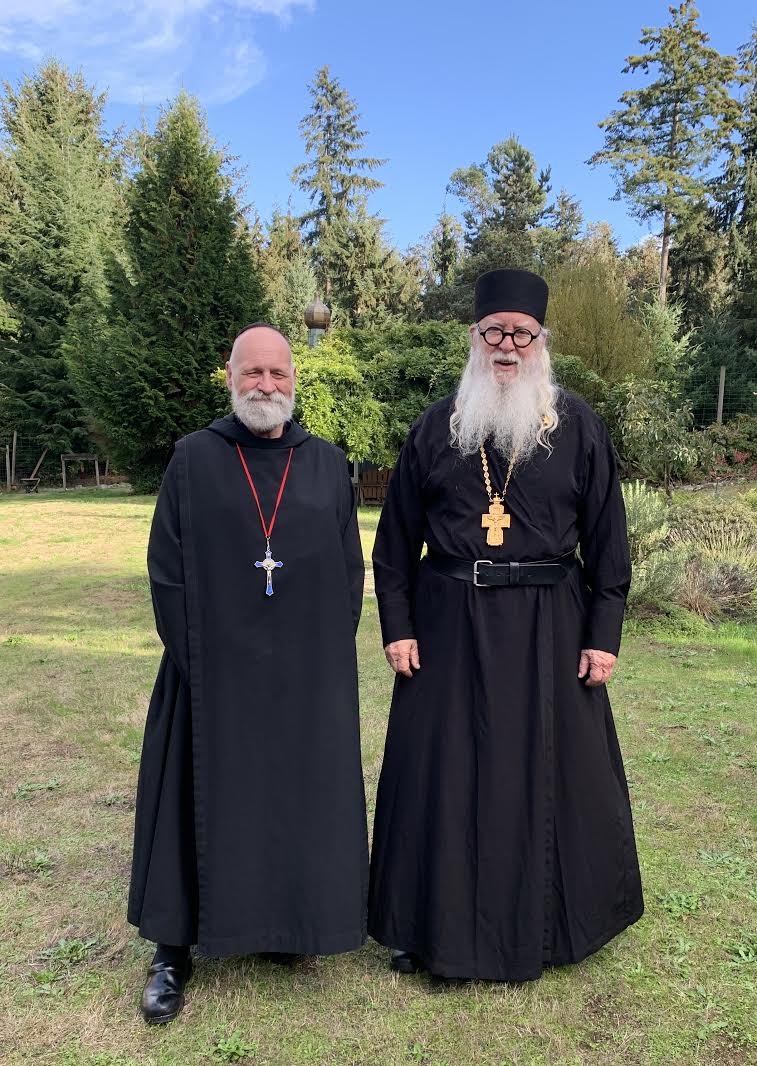According to some, this Saint was a son of Joseph the Betrothed, born of the wife that the latter had before he was betrothed to the Ever-virgin. Hence he was the brother of the Lord, Who was also thought to be the son of Joseph (Matt. 13: 55). But some say that he was a nephew of Joseph, and the son of his brother Cleopas, who was also called Alphaeus and Mary his wife, who was the first cousin of the Theotokos. But even according to this genealogy, he was still called, according to the idiom of the Scriptures, the Lord's brother because of their kinship.
This Iakovos is called the Less (Mark 15:40) by the Evangelists to distinguish him from Iakovos, the son of Zebedee, who was called the Great. He became the first Bishop of Jerusalem, elevated to this episcopal rank by the Apostles, according to Eusebius (Eccl. Hist., Book II: 23), and was called Obliah, that is, the Just, because of his great holiness and righteousness. Having ascended the crest of the Temple on the day of the Passover at the prompting of all, he bore testimony from there concerning his belief in Jesus, and he proclaimed with a great voice that Jesus sits at the right hand of the great power of God and shall come again upon the clouds of heaven. On hearing this testimony, many of those present cried, "Hosanna to the Son of David." But the Scribes and Pharisees cried, "So, even the just one hath been led astray," and at the command of Ananias the high priest, the Apostle was cast down headlong from thence, then was stoned, and while he prayed for his slayers, his head was crushed by the wooden club wielded by a certain scribe. The first of the Catholic (General) Epistles written to the Jews in the Diaspora who believed in Christ was written by this Iakovos.



